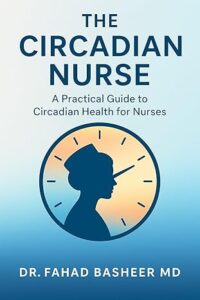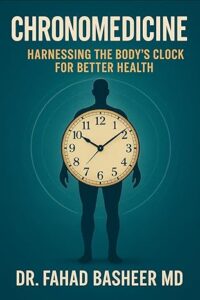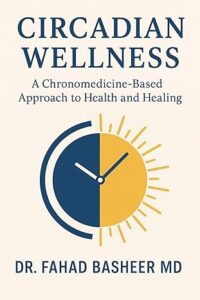Chronomedicine
Chronomedicine is the science of how our internal circadian rhythms affect health, disease, and treatment. These ~24-hour biological cycles regulate sleep, hormones, metabolism, and immune function. In 2017, the Nobel Prize in Physiology or Medicine was awarded for the discovery of the molecular clocks driving circadian rhythms. Chronomedicine applies this knowledge to improve medical care by timing treatments and interventions for maximise benefits and minimise harm.
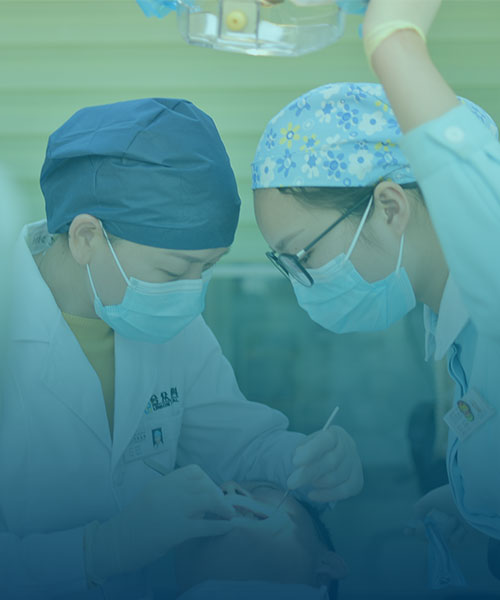

About Us
At CHRONOSYNC, we bring the science of chronomedicine to everyday life. Through engaging workshops and expert-led guidance, we help individuals align their health with their biological clock. Our holistic approach integrates chronoprofiling, chrononutrition, chronoexercise, chronotherapy, and sleep optimization—empowering you to live in sync with biological clock, feel better, and thrive naturally
Team
Dr. Fahad Basheer completed his MBBS from KMCT Medical College. And did his MD in physiology from government TD medical college. He did his post graduate diploma in Diabetes from University of South Wales. He is a member of Indian society of chronomedicine. He is an international author on chronomedicine and the founder of Chronosync.
SERVICES : Consultancy and training
CONSULTANCY
CHRONOPROFILING
Identifying your Chronotype
CHRONOTHERAPY
Managing Diabetes, hypertension, dyslipidemia, cardiovascular disease, asthma, seasonal affective depression with chronotherapy
CIRCARDIAN SLEEP DISORDERS
- Delayed Sleep-Wake Phase Disorder (DSWPD)
People consistently go to bed late and wake up much later than desired. So they find trouble being sleep while doing work or attending classes in school or college.
- Advanced Sleep-Wake Phase Disorder (ASWPD)
People consistently fall asleep early and wake up much earlier than desired, often being “morning types, but these people find difficult doing night shift works.
- Shift Work Sleep Disorder (SWSD)
Shift work disorder is a sleep condition that affects people who work outside the typical 9-to-5 schedule, like night shifts or early mornings. It happens because their work hours force them to be awake when their body’s natural clock is telling them to sleep, leading to severe exhaustion and trouble staying alert.
- Jet Lag Disorder
Jet lag is the tired, out-of-sorts feeling you get after flying across multiple time zones from country to country. It happens because your body’s internal clock is still synced to your old time zone, making you feel awake when it’s time to sleep, and sleepy when you need to be awake.
- Non-24-Hour Sleep-Wake Rhythm Disorder (N24SWD)
The internal clock is longer or shorter than 24 hours, leading to a sleep-wake cycle that gradually shifts later each day. This is more common in totally blind individuals who lack visual cues to regulate their rhythm.
- Irregular Sleep-Wake Rhythm Disorder (ISWRD)
There is no consistent sleep-wake pattern at all, resulting in multiple short sleep periods and lack of consolidated night time sleep.
CHRONOWELLNESS
Chrononutrition, Chronoexercise, Light therapy and sleep optimization
TRAINING
SHIFT WORK AWARENESS PROGRAM
CIRCADIAN WELLNESS WORKSHOP
CHRONO MEDICINE BASIC COURSE
PUBLICATIONS: RESEARCH + BOOKS + ARTICLES
Apr 20, 2025
Introduction to Chronomedicine: Synchronizing Health with the Body’s Clock
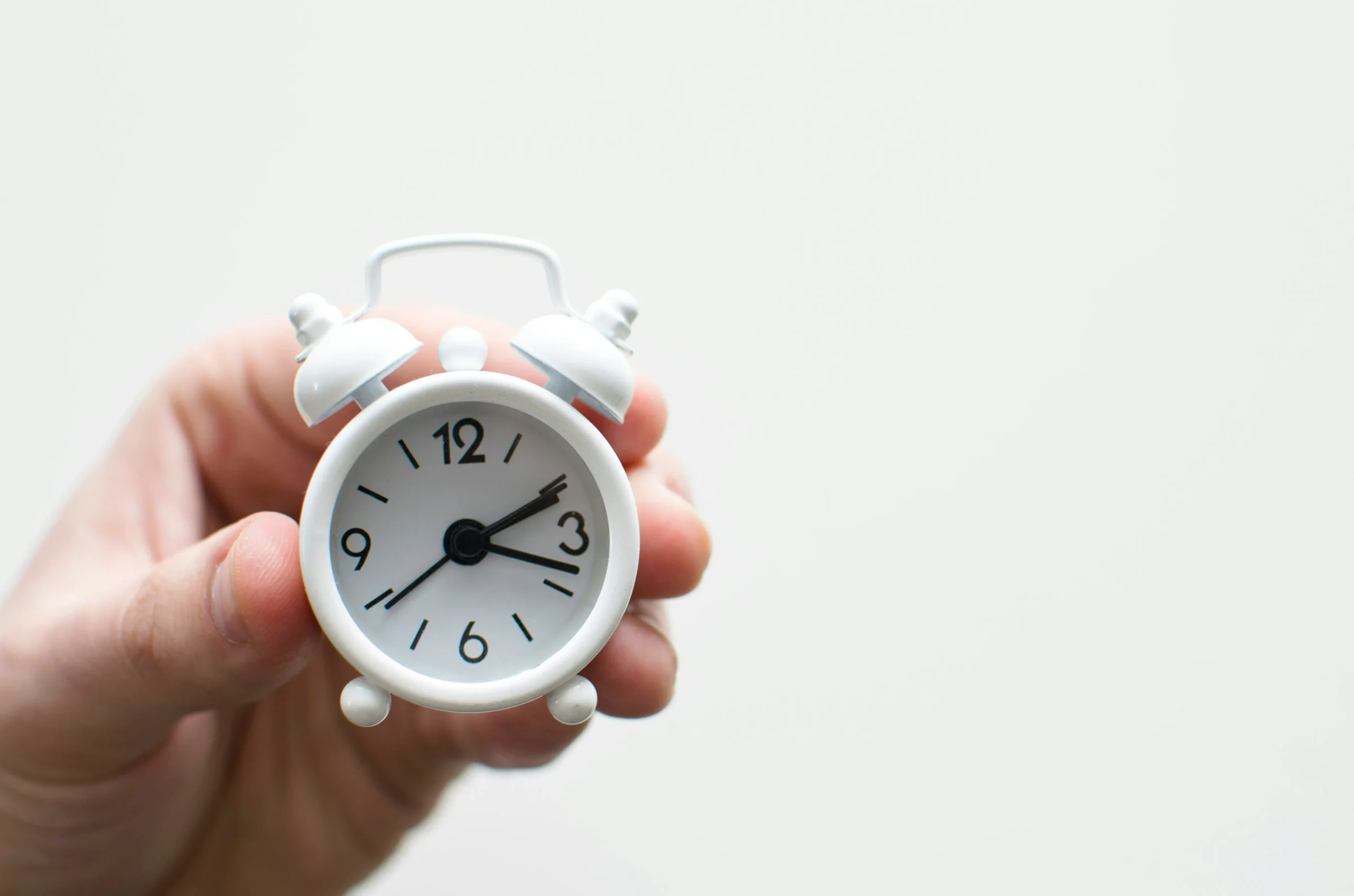
In the symphony of life, time is more than just a measurement — it is a biological imperative. The human body is not a static machine; it is a dynamic, rhythmic system intricately tuned to the cycles of the earth. These natural rhythms influence everything from when we wake to how we metabolize food, fight infections, and respond to medications. This intricate timing system is the foundation of a groundbreaking field in modern medicine: chronomedicine.
Chronomedicine, or chronotherapeutics, is the science of aligning medical treatment with the body’s internal clocks — particularly the circadian rhythms, the roughly 24-hour cycles that regulate physiological processes. These rhythms are governed by a “master clock” in the brain (the suprachiasmatic nucleus, or SCN) and supported by peripheral clocks in nearly every organ. Disruption of these rhythms has been implicated in the development and progression of numerous diseases, including diabetes, cancer, cardiovascular diseases, and mood disorders.
September 16 / 2020 / 9:00 PM
The Molecular Disruption: How High-Fat Diets Hijack Circadian Rhythms

The circadian rhythm is not merely a sleep-wake cycle; it is a fundamental biological program governed by a transcription-translation feedback loop (TTFL) of core clock genes. At its heart, the CLOCK-BMAL1 heterodimer activates the expression of period (*Per*) and cryptochrome (*Cry*) genes, whose proteins then repress CLOCK-BMAL1 activity, creating an approximately 24-hour oscillation
Emerging research reveals that high-fat diets (HFD) directly interfere with this precise molecular machinery. HFD induces circadian misalignment, a state where the central clock in the suprachiasmatic nucleus (SCN) becomes desynchronized from peripheral clocks in metabolic tissues like the liver, adipose, and pancreas.

